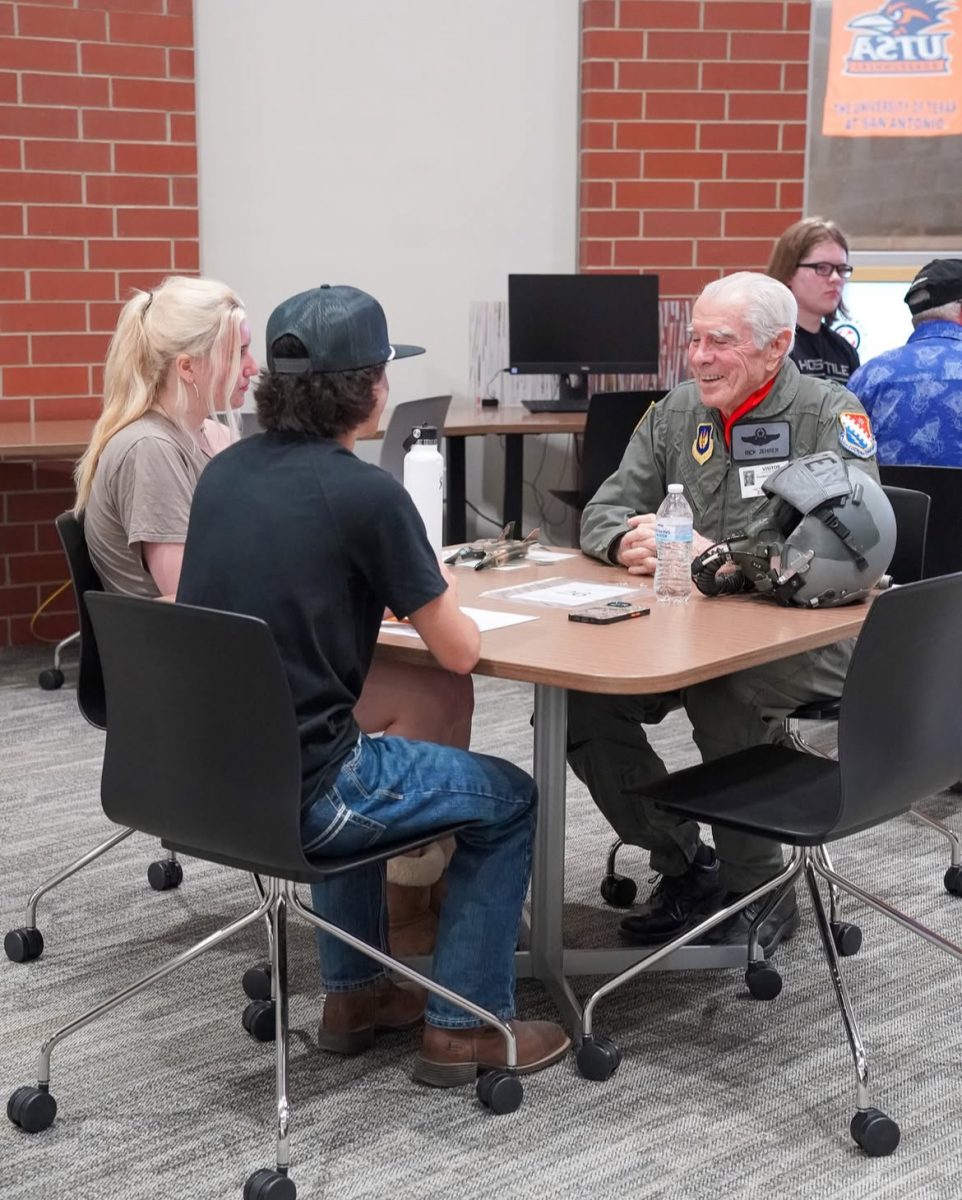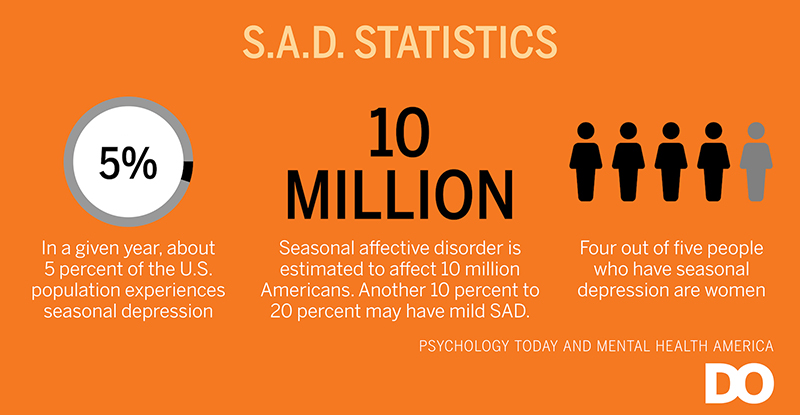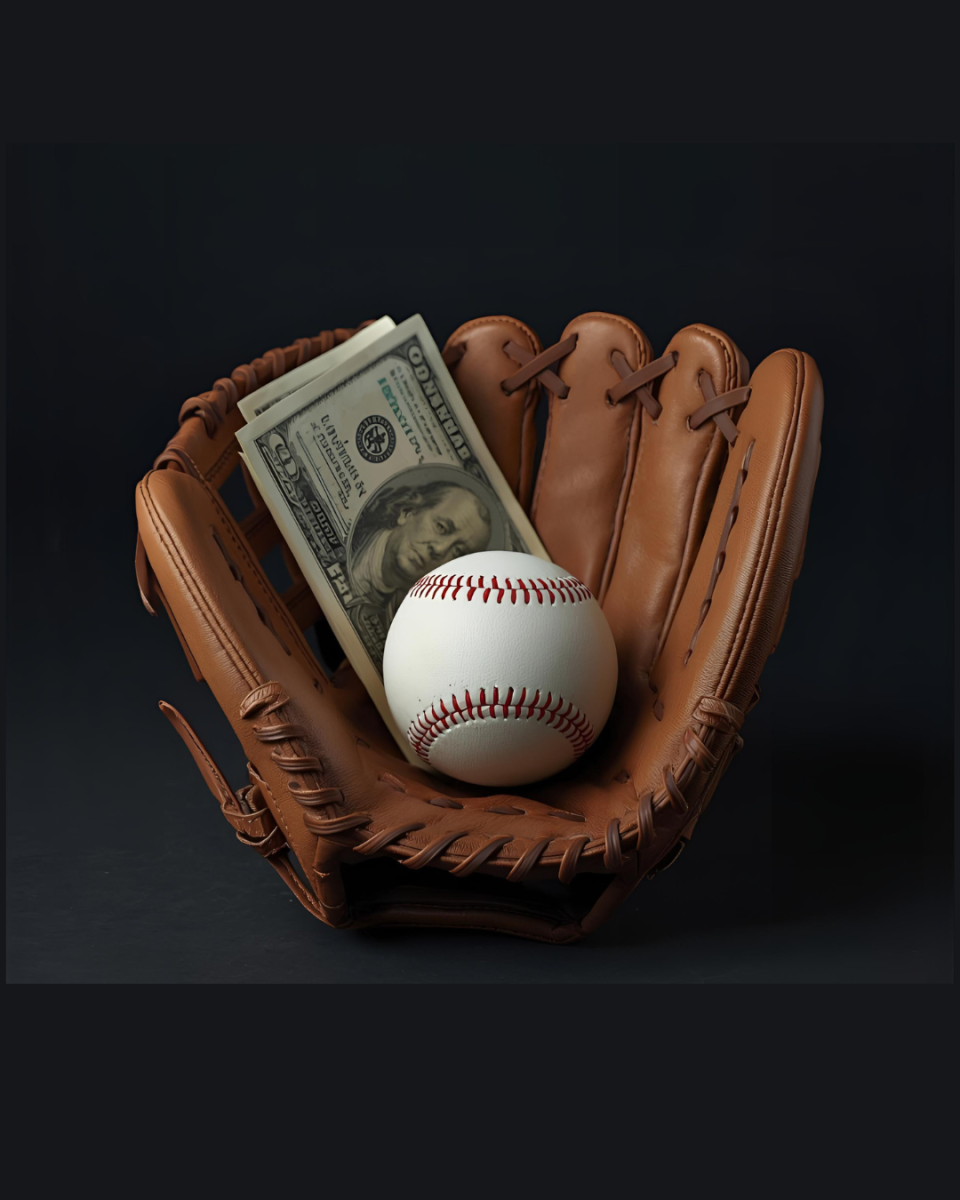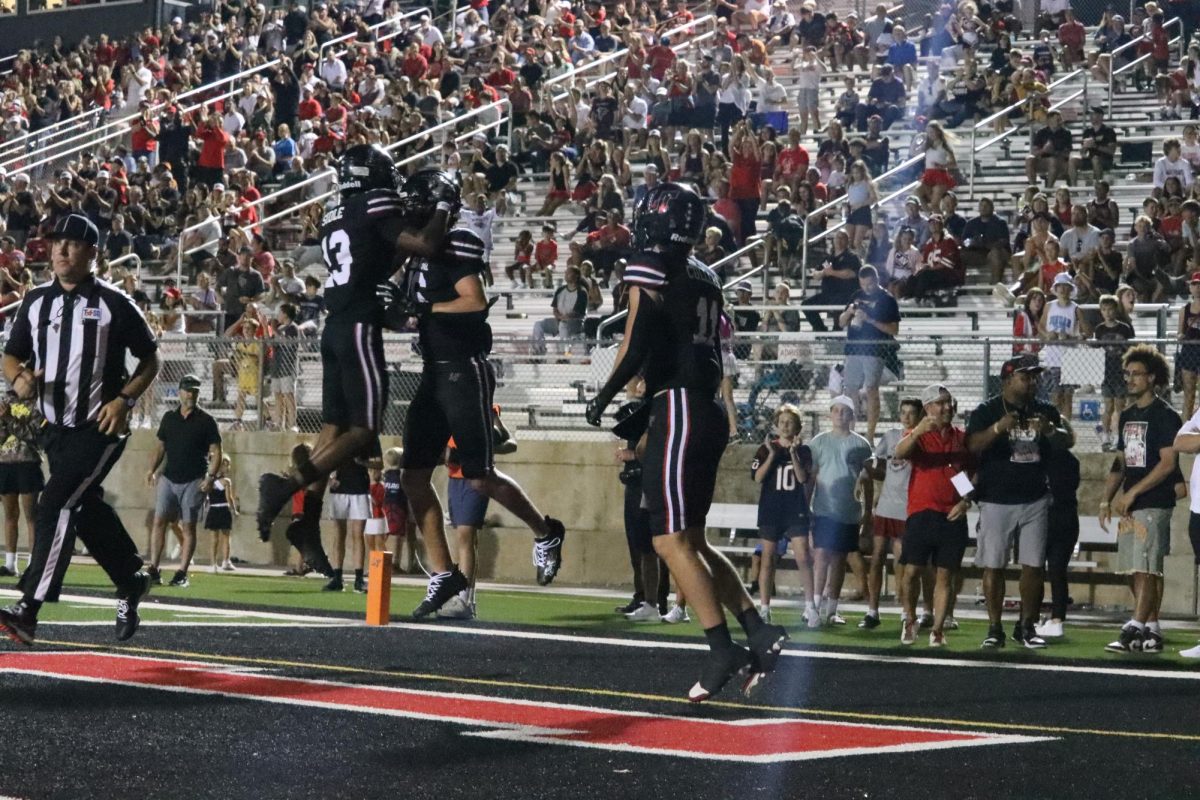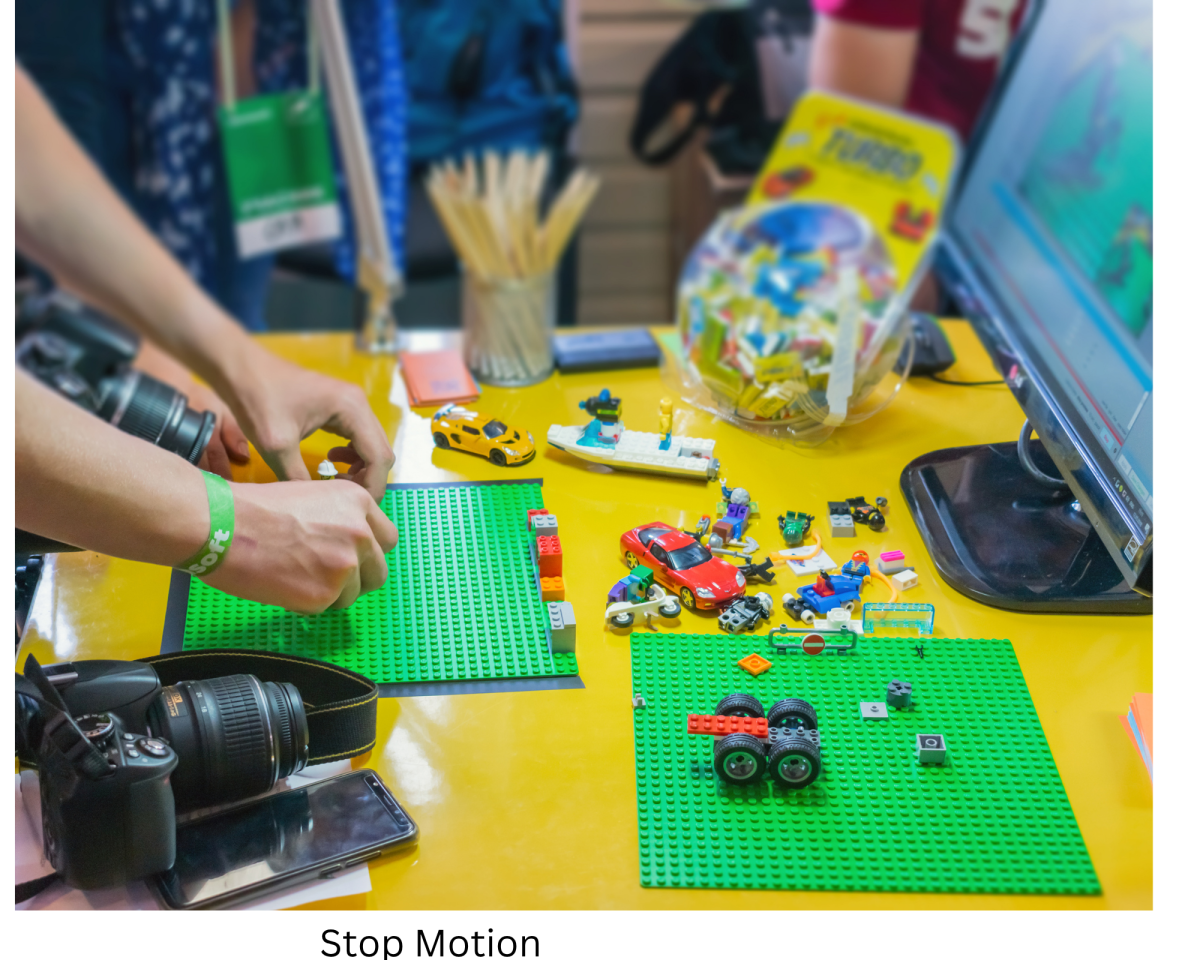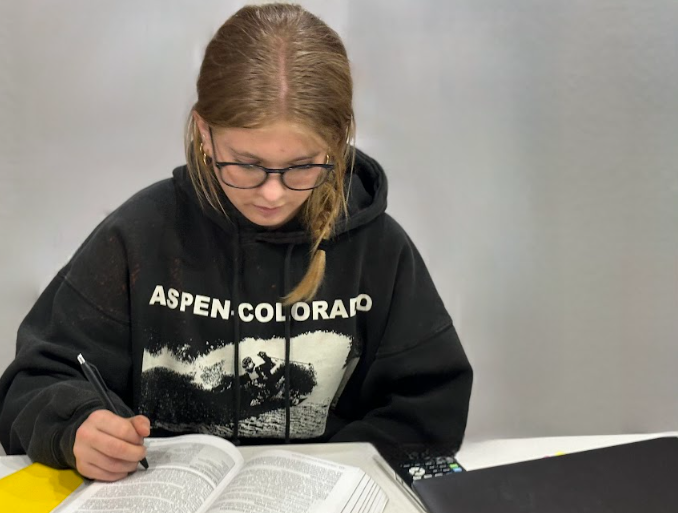Midterms. Every high school student dreads them. They can affect final grades for better or worse. And they’re coming in hot, scheduled to hit LTHS students between December 15-20th. However, this week doesn’t need to be as nerve-racking as it is made out to be. So, what’s the first step in easing the pain of midterms? Let’s take a look.
Strategy
Every student has a different way of learning based on how the mind processes information. The first thing you must do is decide which strategy works for you. There are plenty of study strategies proven to increase productivity. Some include reward systems and use what is known as positive reinforcement to motivate students to keep up the excellent work. For example, the Pomodoro technique is a study method that creates a break reward system, so if you work for 25 minutes with no distractions, you get a five-minute break. Sounds pretty awesome, right?
Students also find online resources such as Quizlet and Khan Academy applicable because of their customizable learning accommodations and detailed instruction. Oh, and make sure not to forget the importance of note-taking!
“I am a visual learner; I like reading,” said Izzy Ort, a sophomore at LTHS. Ort, who is balancing AP classes and multiple extra-curricular activities, says that her go-to study strategies include reviewing resources provided by teachers and exploring outside of the material to find additional facts that are beneficial. She prefers to study at home because she likes her study environment to be “as quiet as it can get.”
Note-Taking
Note-taking is also a crucial part of studying. It has been proven that students retain more information when they write with a pencil and paper, rather than taking digital notes. While they are more time-consuming, the hand, eye, and brain all coordinate to ingrain the information more precisely which makes it more likely to be memorable.
Seneca Sharp, a sophomore and student-athlete said “One of my favorite study techniques is creating a brain dump right before a test to see how much knowledge I have on the material without looking at my notes.” Hand-taken notes are a very tedious process, however, they can be made into a fun activity when incorporating bright colors and illustrations!
And then there is. . . Procrastination.
Almost every student struggles with this at some point. The first key to tackling it is identifying what kind of procrastinator you are. Are you a worrier? Postponer? Avoider? Perfectionist? Scroller? Crammer?
Next, form a game plan to help you reach your goal of making it through midterm week. For example, if you are a “crammer,” start working ahead and plan out short increments of time to study rather than doing it all the night before. If you are a “scroller,” plan to put your cell phone in a different room to isolate yourself from all the distractions.
Get by with a little help from your friends.
Not by cheating, but by having a study group or study partner to hold yourself (and your classmates) accountable. This can create a valuable support network. Meet up to quiz one another or study together in silence. Either way, having someone you can lean on is sure to make the time go by faster and increase productivity.
Stay Healthy.
The final and essential tip to ensure that your midterm preparation is spent as effectively as possible is to keep your well-being and nutrition in mind. Sleep is necessary to function, therefore, if you deprive yourself of it, you are guaranteeing yourself a rough midterm week.
Teenagers are recommended to get anywhere from 8-10 hours of sleep a night so, you should create a sleep schedule that you can hold yourself accountable to follow to get the sleep you require. Your diet is equally as important, as it fuels your brain to work and stay focused. While studying for, and taking your tests, remember to bring healthy snacks like fruits and vegetables, instead of chips and energy drinks.
We are all creatures of habit. Each semester, students promise themselves they will “get their act together” and work hard in the future. Inevitably, a majority fall back into their old routines. If you want to reach your goals and feel good about your accomplishments, you need to make a concerted effort to plan. Identify your learning style, create an ideal study environment, form a social support network, and take care of your body and mind. Using these tools will increase your likelihood of reaching your academic goals.
And last, but not least. . . believe in yourself and your capabilities. Hang in there, Cavs! You’ve got this!



